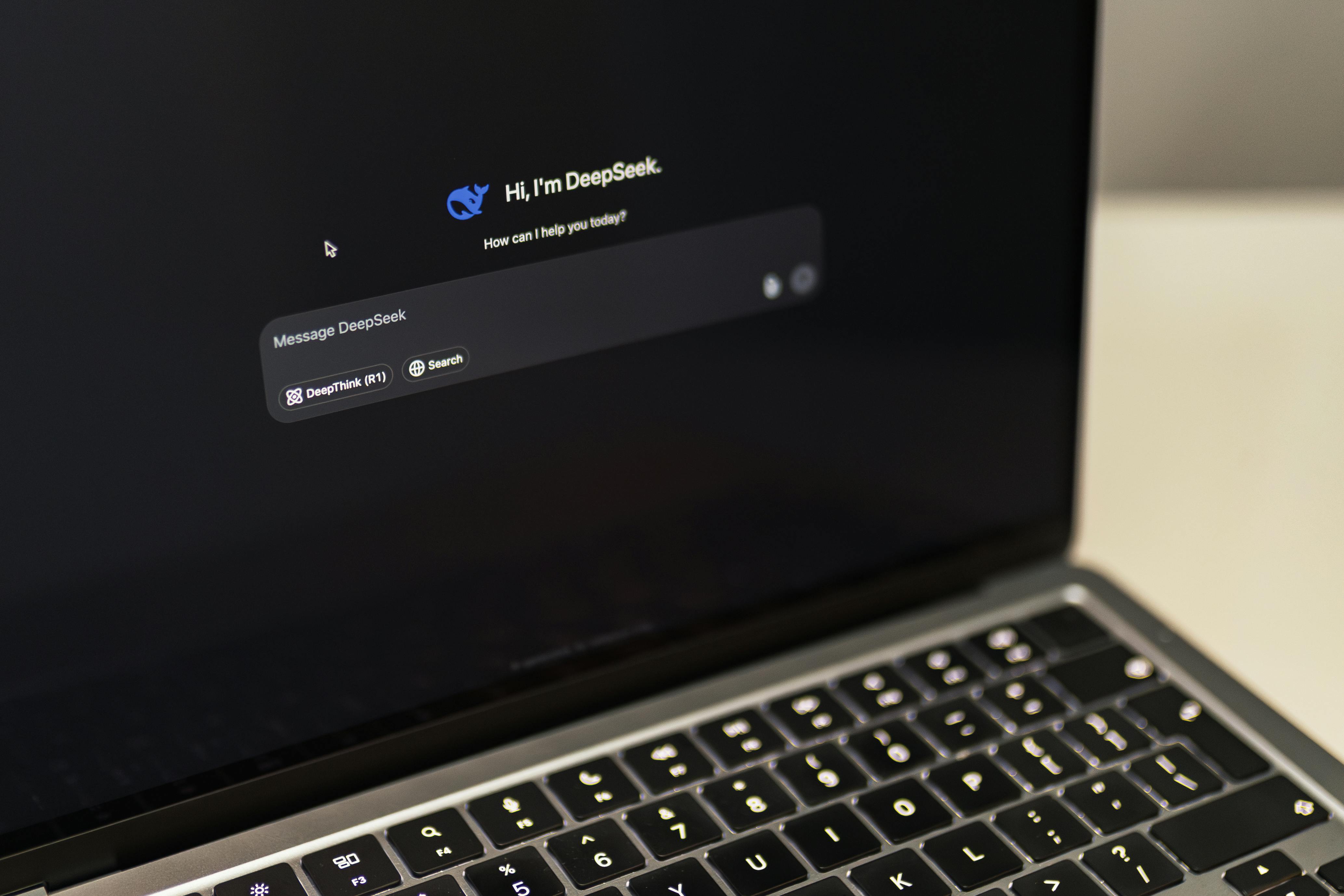Market research has always been about reducing uncertainty—helping businesses understand their customers, anticipate market shifts, and make informed decisions. But as the volume and speed of data grow, traditional research methods—reliant on manual surveys, slow data processing, and static reports—are struggling to keep up. Researchers need faster, more adaptive approaches to extract meaningful insights without sacrificing accuracy.
Automation isn’t just about saving time; it’s reshaping how research is conducted. By streamlining data collection, analysis, and reporting, automation allows researchers to focus less on logistics and more on interpretation. But what does this shift mean for the quality of insights, and how can organizations use automation to their advantage?
What is Automation in Market Research?
Market research automation refers to the use of technology to minimize manual tasks across the research process. This includes everything from survey design and data collection to analysis and reporting. By leveraging automation, businesses can conduct research more efficiently, reducing time-to-insight while maintaining data integrity.
Rather than outsourcing to a research agency, automation empowers organizations with self-serve platforms, enabling them to design surveys, collect and analyze data, and generate reports—without excessive costs or delays.
A well-designed automated research platform integrates:
- Survey creation with logic-based routing
- Automated sampling and data collection
- AI-powered analysis and visualization
- Interactive, real-time reporting
This all-in-one approach allows researchers to focus on high-level strategy rather than getting bogged down by administrative tasks.
How Automation is Reshaping Market Research
Automation addresses the limitations of traditional market research—such as high costs, time delays, and sample size constraints—by streamlining workflows and accelerating insights. Here’s how:
1. Intelligent Survey Design and Routing
Survey routing (or skip logic) dynamically adapts question paths based on a respondent’s answers, ensuring they only see relevant questions. This not only improves the survey experience but also enhances data quality by eliminating irrelevant responses.
2. Automated Data Collection
Modern research platforms can collect data from multiple sources—online surveys, mobile apps, social media, and customer databases—without manual intervention. This speeds up research while maintaining accuracy through built-in validation mechanisms.
Additionally, automated data cleaning helps filter out inconsistencies, ensuring high-quality data inputs.
3. AI-Driven Data Analysis
With machine learning and predictive analytics, automated tools can process vast amounts of data in real time. Unlike traditional methods that require manual uploads and batch processing, AI-powered analytics continuously update as new data flows in, reducing lag time in decision-making.
4. Interactive Dashboards and Automated Reporting
Insights are most valuable when they are easily interpretable. Automated reporting tools create real-time dashboards, allowing stakeholders to filter and visualize key metrics instantly. This eliminates the need for static spreadsheets and ensures that insights remain current and accessible.
Key Benefits of Market Research Automation
Beyond operational efficiency, automation offers significant advantages that reshape how research is conducted:
1. Increased Productivity
By automating repetitive tasks, researchers can focus on interpreting data, identifying trends, and making strategic decisions rather than spending time on manual processes.
2. Improved Accuracy and Reliability
Automation reduces human error in data entry, analysis, and reporting. AI-driven analysis also ensures consistency, providing more precise and actionable insights.
3. Real-Time Data Access
Instead of waiting weeks for data processing, automation enables real-time monitoring, allowing businesses to make decisions based on up-to-date information.
4. Greater Agility
Self-serve platforms allow researchers to quickly adjust survey questions, refine target audiences, and iterate on data collection—all without needing external assistance.
5. Cost Efficiency
Automating data collection and analysis significantly reduces the need for manual labor and eliminates the cost of multiple tools by centralizing research operations into a single platform.
Common Misconceptions About Market Research Automation
Despite its benefits, some myths persist about automated market research. Let’s address a few common concerns:
1. "Automated research tools are too complex to use."
Today’s market research platforms are designed for ease of use, enabling both experienced researchers and non-experts to conduct sophisticated studies without specialized technical knowledge.
2. "You need multiple tools to conduct research."
End-to-end platforms, like Voxco, consolidate survey design, data collection, analysis, and reporting into a single system, eliminating the need for multiple disconnected tools.
3. "Automation limits control over sample selection."
Advanced automation tools allow researchers to define their target audience, apply screening criteria, and integrate online panels, ensuring complete control over sample quality.
4. "Automated research lacks customization."
While automation standardizes workflows, it also provides extensive customization—allowing brands to tailor surveys, reporting, and dashboards to align with research objectives and branding guidelines.
When to Leverage Market Research Automation
Automation is especially valuable in:
- Large-scale studies: Handling extensive data collection and analysis efficiently
- Time-sensitive research: Generating quick insights for agile decision-making
- Longitudinal studies: Automating tracking surveys for real-time updates
- Self-directed research: Enabling in-house teams to conduct studies independently
The Future of Automated Market Research
As technology advances, automation will continue to play an even greater role in market research. AI-driven insights, predictive analytics, and real-time dashboards will empower researchers to uncover patterns, optimize strategies, and drive smarter business decisions.
From survey creation to reporting, automation enhances the speed, accuracy, and scalability of market research—ensuring that organizations can answer critical questions with confidence.
.svg)


.jpg)





